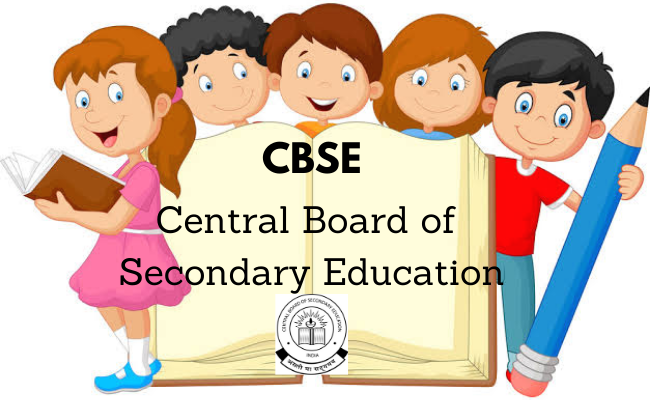With a view to boost the creativity, analytical thinking, and critical thinking among the students, the CBSE would introduce major changes in the exam pattern of the question papers for class 10th and class 12th by 2023, said an official at ASSOCHAM event in New Delhi.
This year the students of class 10th will get 20% objective type questions and 10% questions will be based on the creative thinking, by 2023 the question papers for both the classes will be based on creativity, innovation, and critical thinking. The students will have to prepare in that manner, it is the need of our keeping in mind the country’s future said the secretary CBSE Anurag Tripathi at an ASSOCHAM school education summit.
Vocational subjects do not find many takers in India due to factors like lack of poor value, absence of stability in the market, and lack of employability said the secretary. And he also added that there is a need to promote proper linkages and bonding among the key stakeholders in the schooling system, i.e. teachers, parents, infrastructure, and students.
CBSE Class 10 and 12 Board Exam 2020
He also suggested that schools must dedicate more time to teachers and should to be trained thoroughly and be groomed for 3 to 6 months to become mentors, expressive, have critical thinking, communicator, and have emotional balance.
Talking about the new education policy, the secretary said that it aims at bridging the gap between vocational and main subjects. The new policy has recommended that vocational subjects need to be a part of the 5 subjects; it will be a good move.
He also added that the new education policy also focuses on different aspects like teacher training, promoting vocational education, early childhood care, and thus it will be a challenge to implement the above-said functions.
Biswajit Singh, Director (Training and Skill Education) CBSE, said that schools in India need to focus on the students capacity, and not the employability, adaptive, execute, and project-based learning and follow children centric tactic in the classroom.
Dr. Saha suggested that the schools must give free semesters to students between classes I to VIII and should not block them within curriculum boundaries. The Integration of vocational skills is imperative for the students to learn life skills and soft skills that will help them in the long run.
The new education policy will lead to structural and curriculum changes, addressing the challenges posed by the 4th industrial revolution said, GD Sharma, Retired Secretary CBSE.
